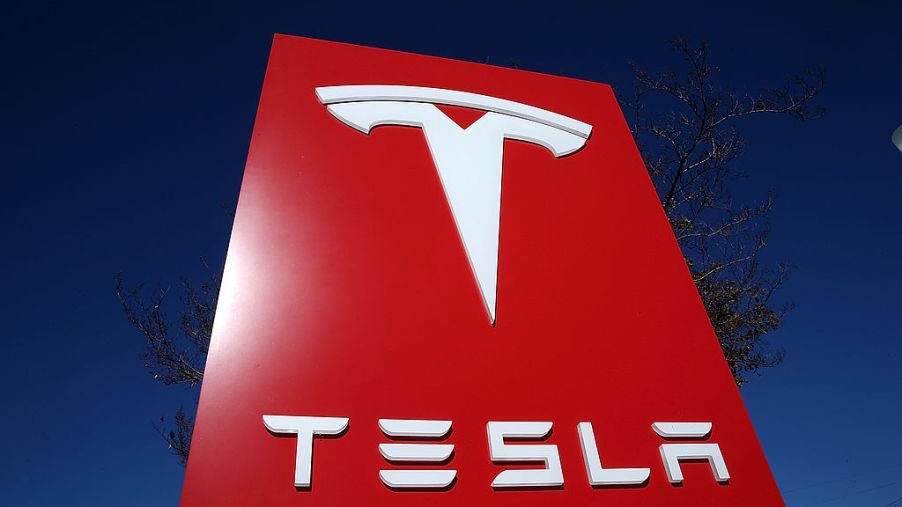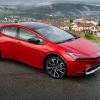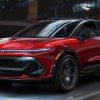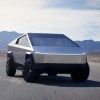
Tesla Refuses to Take the NHTSA’s Warning Seriously
Electric automaker Tesla Inc. has been hesitant to release information concerning accidents that have occurred involving the all-electric Model 3, four-door sedan. With over 325,000 order reservations for the car since its launch in 2016, the automaker still stands by the safety claims that were published in Tesla marketing campaigns.
The billionaire owner of Tesla, Elon Musk is trumpeting the Model 3 as the safest car ever built – that is has been engineered and tested to present the lowest chance of injury according to National Highway Traffic Safety Administration guidelines. And to be fair, the NHTSA is not saying that Tesla’s cars are unsafe. The disagreement is over Tesla’s marketing claims.
NHTSA’s Battle With Tesla Marketing Claims
The Model 3’s Marketing
While the Tesla Model 3 is not actually a self-driving vehicle, it does have steering assist features and advanced hardware that will supposedly enable the vehicle to be classified as ‘self-driving’ in the future (we doubt that). With the ability to detect both soft and hard objects from an amazing distance, the Model 3 is able to process environmental data in heavy rain and through other obstructions such as the car ahead.
The advanced driving-assistance systems on most of today’s Model 3s still require driver supervision, but the system can automatically steer, brake, accelerate, and stay within its lane in limited scenarios. Tesla claims that the Model 3 has the lowest probability of injury among vehicles tested by the NHSTA in its marketing campaign. Now Tesla is under scrutiny by the NHTSA.
The NHTSA Warns Tesla
As MarketWatch reports, in October of 2018, the NHTSA issued a cease-and-desist letter to the automaker, even though this same agency had given the Model 3 a 5-star Safety Rating. But the issue isn’t that the NHTSA believes the Model 3 doesn’t deserve its top safety rating. It’s that Tesla’s marketing has made claims that go too far.
Due to the nature of the tests the NHTSA conducts, it says comparing vehicles in different segments with different weights is impossible to do accurately.
While billionaire Elon Musk stands by its company’s marketing statements that the Model 3 “was engineered to be the safest car ever built,” he denies that the company is marketing the automobile to have “the lowest probability of injury of all vehicles ever tested by the National Highway Traffic Safety Administration.” So far, Tesla has disregarded the NHTSA warnings and the issue has now been taken up by the Federal Trade Commission, which investigates unfair or deceptive marketing claims.
Tesla Receives Subpoenas After Crashes
Consumer watchdogs are asking the US government to force more transparency from Tesla concerning recent crashes involving the Model 3 and its Autopilot system. They are also looking to the FTC to further scrutinize the automaker’s safety claims after the 79 pages of emails and other communications between Tesla and the National Highway Traffic Safety Administration were uncovered in Freedom of Information Act request.
This huge dump of documentation also revealed a subpoena from NHTSA seeking information on Tesla crashes. Preliminary investigations show that the system’s “Autopilot” features were on when these crashes occurred. After a Florida driver was killed, Tesla’s stock fell almost 8% to its lowest close since December 2016. These recent reports of safety hazards have spurred a number of interesting remarks from found Elon Musk.
The final word from Tesla is that the claims it made were based on NHTSA’s own data. Therefore, Tesla is standing by its marketing statements.


